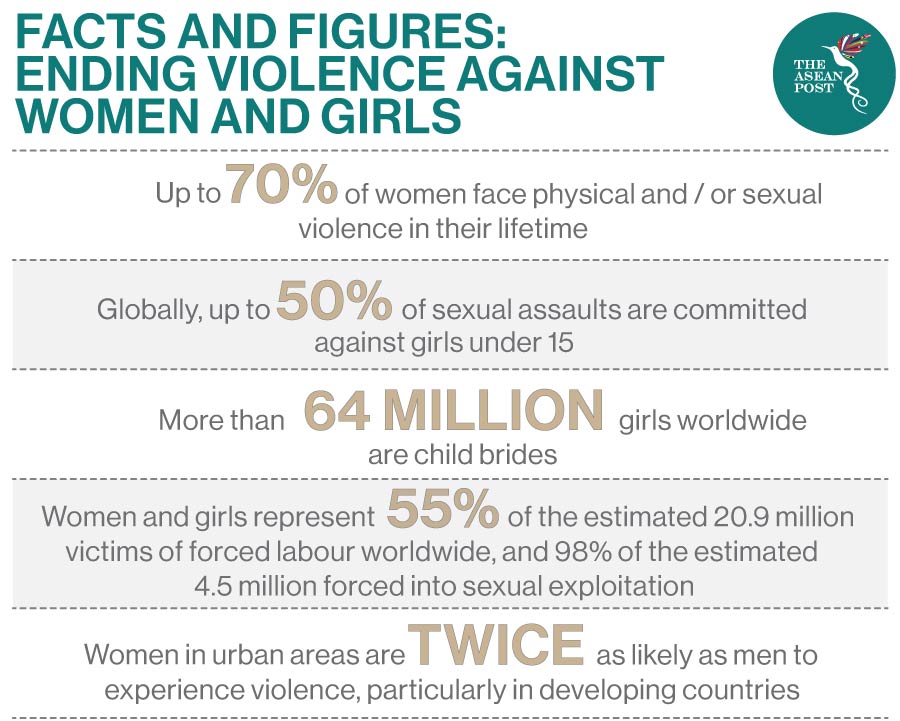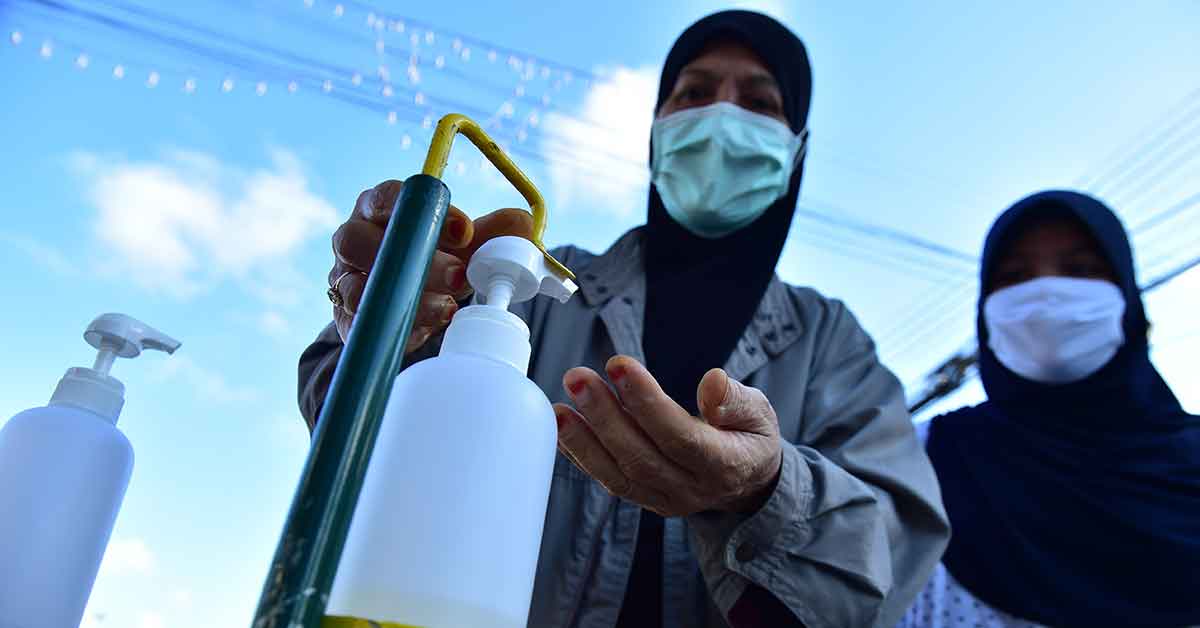Since the COVID-19 virus emerged in Wuhan, China late last year, people from various backgrounds have succumbed to the disease. From front liners, politicians, and celebrities to ordinary people – the new coronavirus doesn’t discriminate. To date, over 3.7 million people have been infected with the virus, taking with it more 250,000 lives worldwide. The negative implications of the pandemic on people from all walks of life have been immense. The necessary nationwide lockdowns in many countries to contain the virus has negatively impacted livelihoods, businesses and the global economy in general.
Everyone across the globe is currently feeling some form of pinch from the pandemic. Nevertheless, the effects of COVID-19 on men and women are slightly different. For example, it was reported that in the United States (US), twice as many men have died from the virus as opposed to women. A similar scenario has also been observed in other countries such as China and ASEAN member state, Malaysia. Some medical experts have cited lifestyle habits such as smoking to be a possible cause for this phenomenon.
“The sex differential in smoking is especially marked in some countries such as China, where 50 percent of men smoke, compared to just five percent in women,” said Philip Goulder, Professor of Immunology at the University of Oxford. He also believes that the immune response of women to the virus is stronger than that of men.
However, for women, the pandemic is deepening pre-existing inequalities, exposing and exploiting vulnerabilities in social, political and economic systems, according to the United Nations (UN).
Economic Well-Being
The pandemic is said to have triggered a global recession. Countries like Singapore and Malaysia are already feeling the hit from the virus, with Singapore’s Prime Minister Lee Hsien Loong warning his citizens that some jobs will simply go away. Neighbouring Malaysia is also reported to be facing the worst economic recession in its history.
A UN policy brief titled ‘The Impact of COVID-19 on Women’ states that the economic and productive lives of women will be affected disproportionately and differently from men. This is due to the fact that women “earn less, save less, hold less secure jobs, and are more likely to be employed in the informal sector. They have less access to social protections and are the majority of single-parent households.”
The COVID-19 pandemic has severely affected numerous industries in the service sector such as retail, tourism and hospitality – where the share of employment for women is very high.
Women’s representation in the hospitality sector in different Southeast Asian countries range from 50 percent up to 75 percent, with more women joining the sector every year. Globally, within the hospitality industry, women make up nearly 70 percent of the workforce.
Data from the Institute For Women’s Policy Research in the US revealed that 60 percent of job losses caused by the pandemic were experienced by women, who lost more jobs than men in most of the impacted sectors.
According to the UN paper, based on past outbreak experiences such as the Ebola virus, quarantines can significantly reduce the economic and livelihood activities of women, increasing poverty rates and exacerbating food insecurity.
“While men’s economic activity returned to pre-crisis levels shortly after preventative measures subsided, the impacts on women’s economic security and livelihoods lasted much longer,” noted the UN.
Health Impacts
Plan International, an organisation that advances children’s rights and equality for girls – suggested that past epidemics have shown that healthcare resources are often diverted from routine health services. As women and girls have unique health needs, health crises such as the current pandemic can make it more difficult for them to receive treatment and services.
Some of the services at risk include sexual and reproductive healthcare services. The diversion of attention and critical resources away from these provisions may result in exacerbated maternal mortality, increased rates of adolescent pregnancies, HIV and sexually transmitted diseases.
Other than that, women may also be at risk or exposure due to the occupational sex-segregation.
“Women face greater risks of infection because they make up the majority of healthcare workers – physicians, nurses, midwives, community health workers and pharmacists – who are on the front line caring for people who have been infected,” said Mohammad Naciri, Regional Director for Asia and the Pacific of UN Women.
Globally, women make up 70 percent of the healthcare workforce.
Gender-Based Violence
As cities go into lockdown, and citizens are urged to stay at home – victims of abuse are trapped inside their homes with their abusers, and have nowhere to go.
Media headlines of abusive husbands and partners is nothing new in Southeast Asia. Unfortunately, violence against women is increasing globally “as the COVID-19 pandemic combines with economic stresses and measures to restrict contact and movement”, observed the UN.

In Indonesia, the Legal Aid Foundation of the Indonesian Women’s Association for Justice (LBH APIK) recorded a significant increase in reports of violence against women within the last month. While in Malaysia, just nine days after its partial lockdown was enacted – it was reported by local media that the country’s Talian Kasih (Love Helpline) saw a 57 percent increase in the number of calls and reports of abuse.
According to the UN, it is crucial that all national responses place women and girls – their inclusion, representation, rights, social and economic outcomes, equality and protection – in all COVID-19 response planning and decision-making. Without proper action, pre-existing gender inequalities will be worsened by the pandemic.
“This pandemic is not only challenging global health systems, but our commitment to equality and human dignity,” said Antonio Guterres, Secretary-General of the UN.
Related articles:
